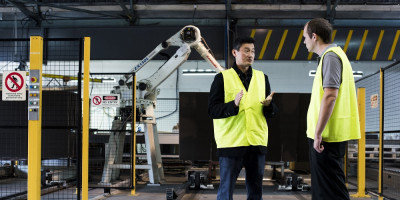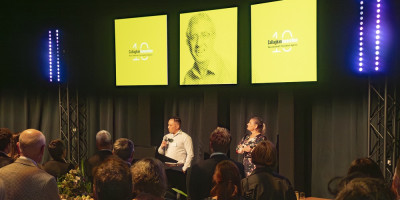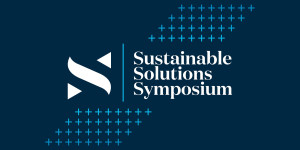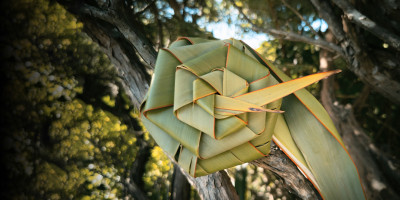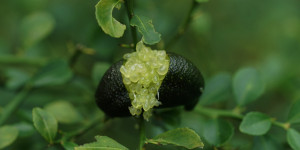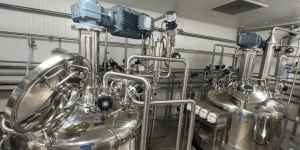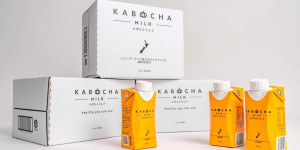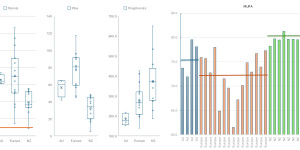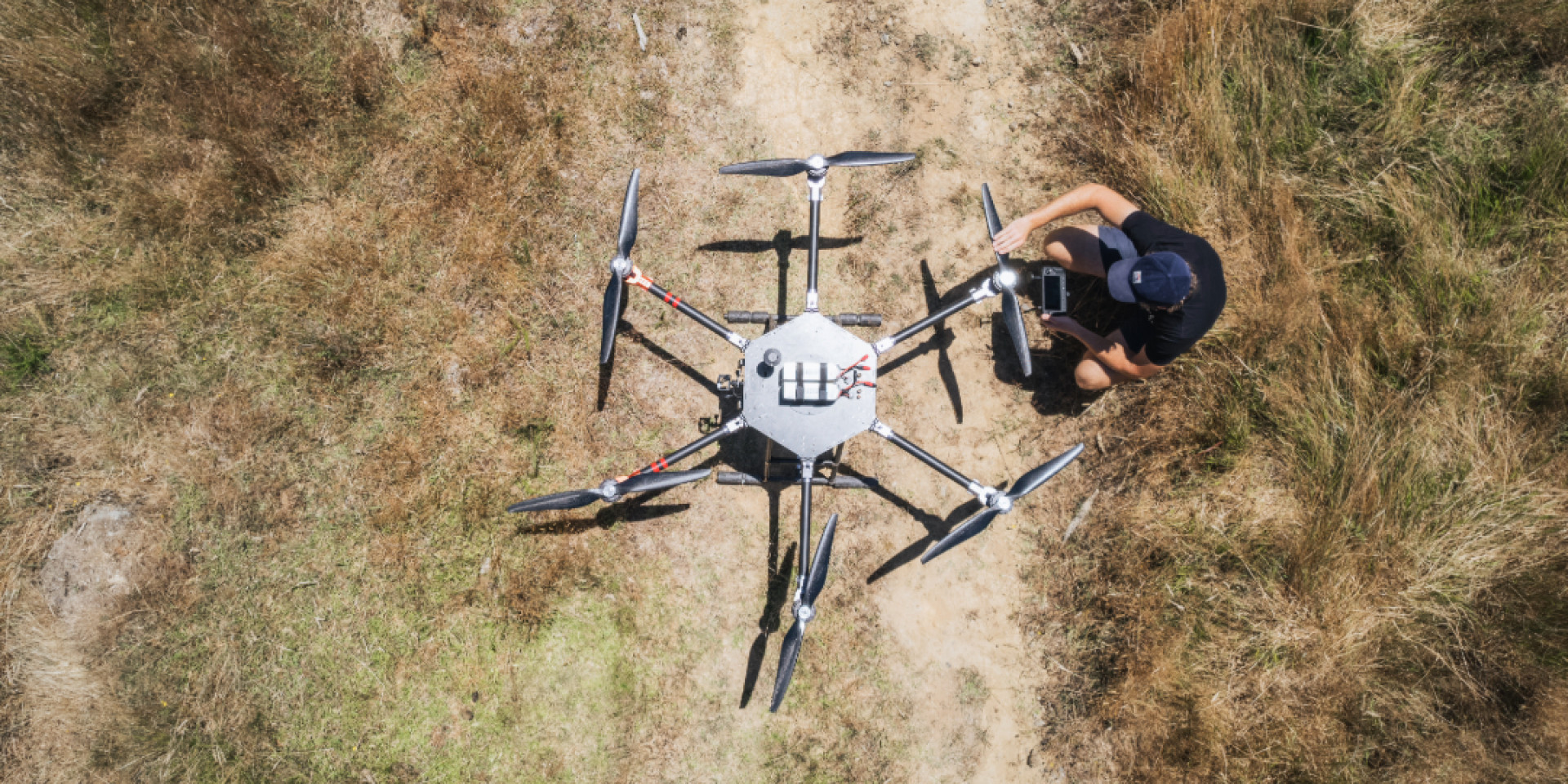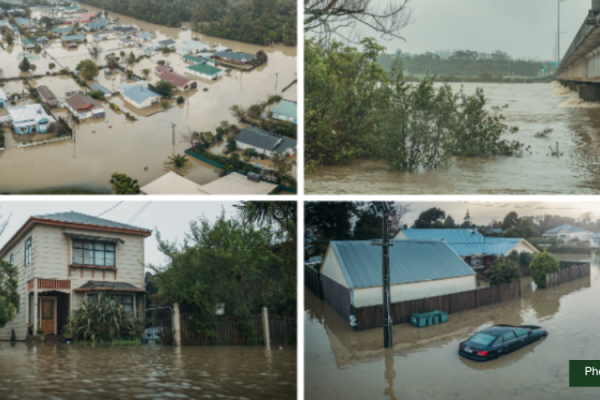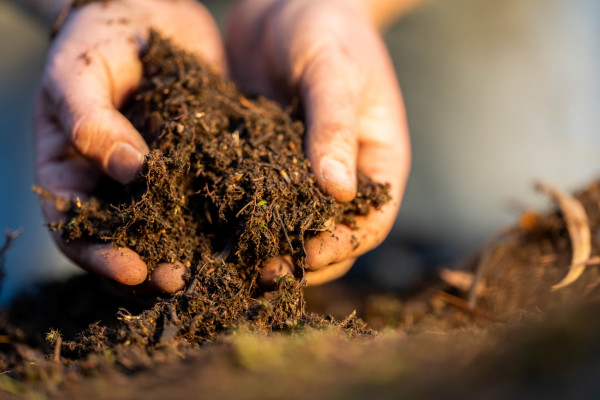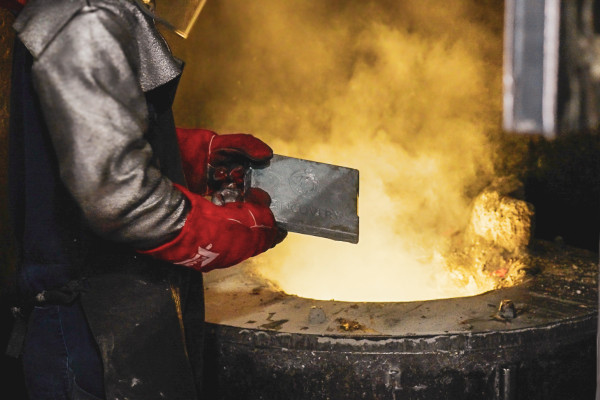Kia hiwa rā! Kia hiwa rā!
The NZ Hi-Tech Awards finalists have been named, and we are incredibly proud of the trails they are blazing!
In partnership with Poutama Trust, Callaghan Innovation is proud to once again sponsor the NZ Hi-Tech Kamupene Māori o te Tau – the Māori Company of the Year award.
Congratulations to finalists Blink Pay Global, Envico Technologies, and Kry10. All unique in their own way, and all making strides as Māori innovators to help make the world a better place.
Have you heard about the smart trap that can outsmart even the craftiest possum? Have you ever seen a drone that can wipe out an entire population of invasive rats? Or have you ever wondered how native trees can be grown in Aotearoa New Zealand’s most challenging and remote terrain?
Well, look no further than Envico Technologies Limited.
Envico was founded in 2018 and develops innovative drone and land-based technologies that amplify the efforts of the conservation and reforestation sectors. Eradicating pests such as rats, defending native wildlife and fauna from destructive species like possums, and regenerating native plant ecosystems are just some of the outcomes that Envico enables. They do this by merging their expertise in drone technology, engineering, science and product ideation and commercialisation, with mātauranga Māori and their passion for conservation.
Envico’s co-founder and CEO Cameron Baker and his team are focused on creating a conservation technology ecosystem that provides a full solution for biodiversity to revive and thrive.
Biodiversity matters because we’re losing ecosystems that provide the air we breathe, and the food we eat.
The introduction of invasive pests which kill native wildlife and decimate plant life and environments, absolutely destroy biodiversity," says Baker.
Previous solutions have only ever focused on one part of the problem, such as managing pest numbers.
“We remove invasive pests so native wildlife has a chance to revive. Then, we protect and defend those environments and support regeneration of native fauna so that endangered species and biodiversity can thrive,” says Baker.
Sought after in New Zealand, Envico is also taking its Kiwi tech to the world, working with a number of highly respected global conservation organisations, such as US-based Island Conservation, which focuses on preventing extinctions.
Envico was the first company in the world to undertake an invasive pest eradication project using drones, and now the Kiwi startup is a global leader in aerial drone baiting. This was recognised recently when one of their international drone baiting projects won gold at the 2024 Asia-Pacific Stevie® Awards for Project of the Year in the Area of Nature & Biological Diversity.

In addition to drone baiting, Envico is proud to offer smart traps that harness automation and long-life toxin delivery systems. This means the traps don't need to be reset manually every time they’re triggered, ultimately allowing the device to be left unattended for up to one year, significantly reducing operational costs.
Once the pests are trapped, Envico flies in to begin tree planting. Their unique drone seed-pod technology enables the team to rapidly plant native forests across vast landscapes and difficult-to-reach areas – terrain for which Aotearoa is known and loved.. What’s amazing is the Envico drones can disperse 5,000 native tree seed pods per minute.
“And that means we can regenerate native tree species for up to 95% less cost than traditional methods,” says Baker.

There’s one key ingredient that allows Envico’s technology to really soar.
Marrying mātauranga Māori with tech expertise and modern science is part of our secret sauce and instrumental in achieving New Zealand’s predator-free goals,
“When biodiversity is thriving it has a strong mauri (spirit) and when you enable a community to restore the mauri of their whenua (land), not over decades but in just a few weeks, it fans that ember of kaitiakitanga (guardianship) that has been passed to them through generations and leads to excited collaboration for a greater purpose,” says Baker.
Driven by this ethos, the Envico team work closely with Predator Free NZ, conservation groups, the Department of Conservation, Māori organisations and iwi. Despite requests to use their drone and seed-pod technology for commercial applications such as fertilising crops, Envico’s team have kept their focus on the ngahere (forest), and they can see the flow-on effects.
“The heart of what we do isn’t actually the drones. It’s in our passion for the native species of Aotearoa and making sure we stay focused on innovating for the good of the environment,” says Baker.
“We know that defending land from pests like possums reduces the risk of TB infections for dairy herds, helping our farmers to care for their animals and protecting New Zealand’s reputation.”
With the introduction of pest animals over the past 700 years, so many of the birds that once fed on the fruits and dispersed seeds in harmony with our forest, have been replaced by invasive mammals that kill 25 million native birds each year. This has led to the extinction of 42% of Aotearoa New Zealand’s bird species with 23 species still facing imminent extinction.
“The cultural significance of our native birds is that they are our messengers – a task they continue today, with silence now being the loudest message,” says Baker.
“With limited tools to enable traditional kaitiakitanga to scale, silence has been their message in our failing forest for generations. This silence has spurred collaboration, increased scalable tools and enabled people to return the birdsong to our forest in their lifetime.”
Global demand for conservation technologies is rising. The global green technology and sustainability market was valued at $10.32 billion in 2020 and is projected to reach $74.64 billion by 2030.
It is estimated that by 2030 more than $1.1 billion will be spent globally every year just to control pests. Innovative technologies are needed to bring scale, efficacy and spend optimisation to the sector. This is the impact Envico is committed to making.
“Our mission,” says Baker, “is to enable conservation organisations and those who are guardians of large land holdings, to achieve greater outcomes and to become better ancestors.”




